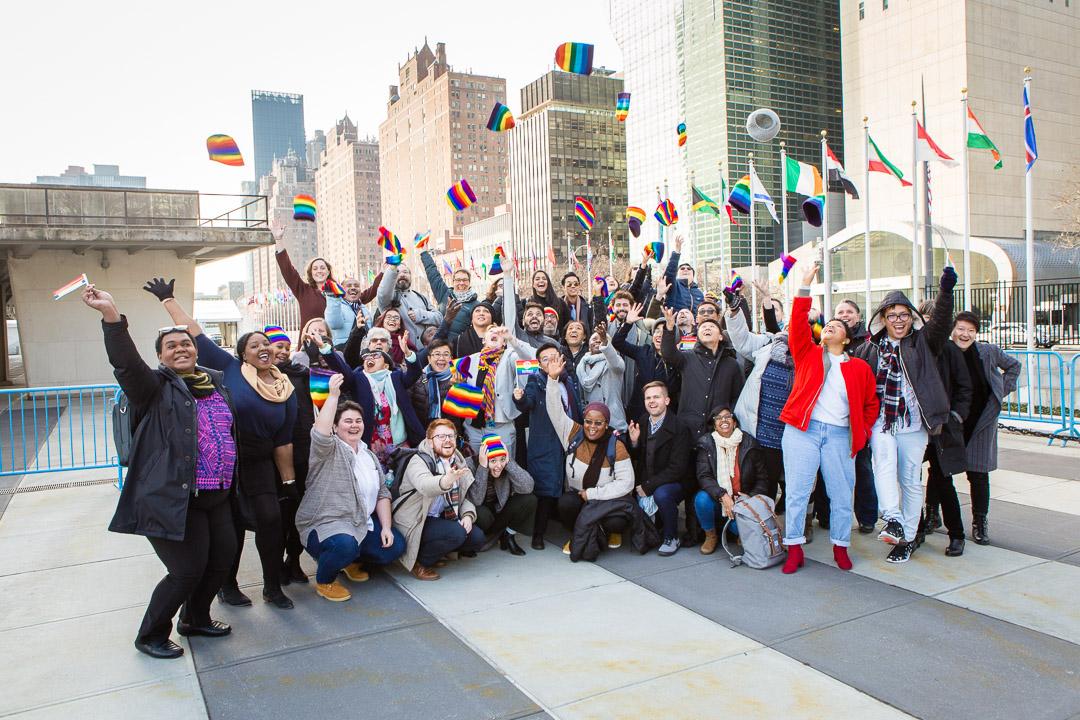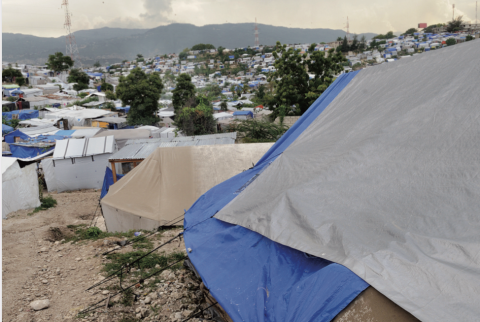
Briefing
The Impact of the Earthquake, and Relief and Recovery on Haitian LGBTIQ People
Author(s)
Publish Date
March 28, 2011
Share
While Haiti has known more than its share of international exploitation, bad governance, political unrest, and natural catastrophes, the impact of the January 12, 2010 earthquake deserves special consideration. The 7.0 magnitude tremor led to the deaths of more than 222,500 people and left more than 1.5 million without shelter. The United Nations has referred to it as "the largest urban disaster in modern history." Within a week of the quake, governments around the world had pledged $400 million in aid and 1,700 relief workers representing more than 40 international relief agencies were at work in Haiti. The response was unprecedented.
The earthquake affected already marginalized groups of individuals—including the high percentage of Haitians living in poverty, women, girls, people with disabilities, and men and women living with HIV and AIDS—particularly and uniquely, and the Haitian government, local non-governmental organizations (NGOs), UN officials, and international aid workers have granted at least partial recognition to the more severe impact of the earthquake on certain marginalized groups. However, the particular vulnerabilities of lesbian, gay, bisexual, and transgender (LGBT) Haitians have been largely ignored. Too many officials and NGO leaders operate on the mistaken beliefs that LGBT people face no greater vulnerabilities than the general population, constitute a number insignificant to warrant attention, or are undeserving of the assistance due to other disaster victims and survivors.

Explore News and Commentaries
We share news, cultural media and advocacy of partners, activists and experts through the lens of LGBTIQ people working on international human rights.
Read Our Insights